The Future of Healthcare: Telehealth. Here’s Why You Need to Consider Telemedicine in 2019
Continue Education Journal
JUNE 12, 2019
Telehealth and Telemedicine Definition. We often hear telehealth and telemedicine used interchangeably, so let’s set the record straight – telehealth is the umbrella term that refers to medical services that healthcare practitioners provide to patients from a distance.


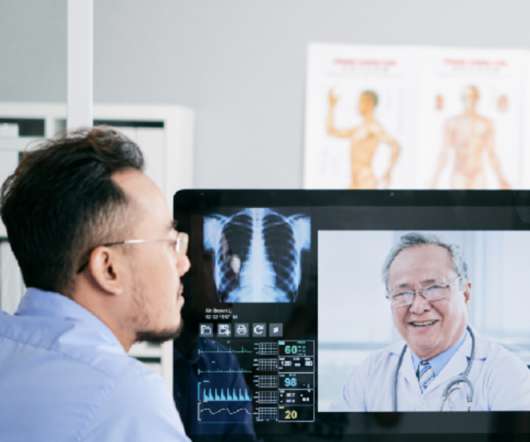
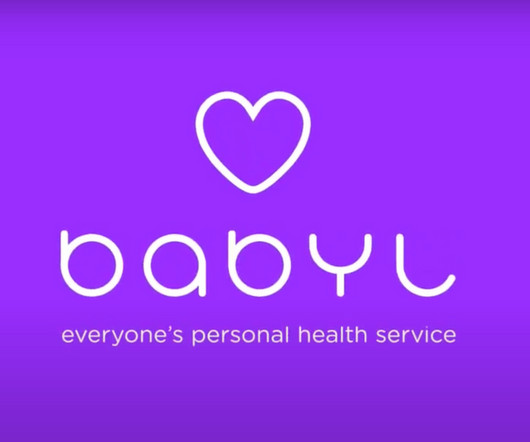

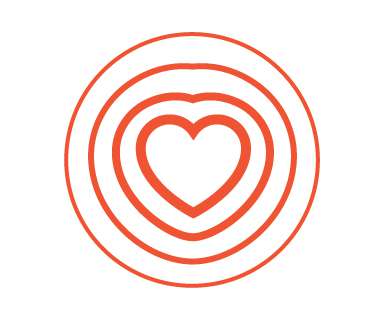

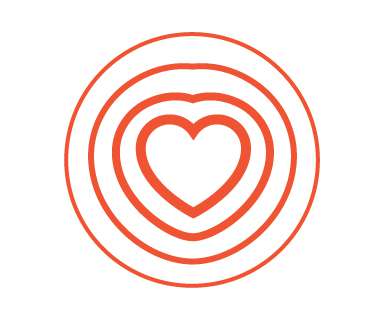
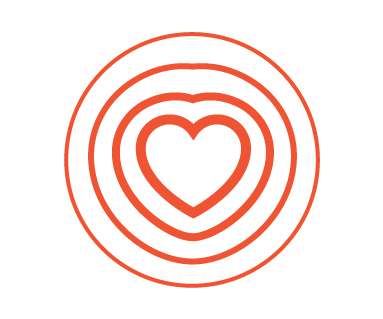










Let's personalize your content